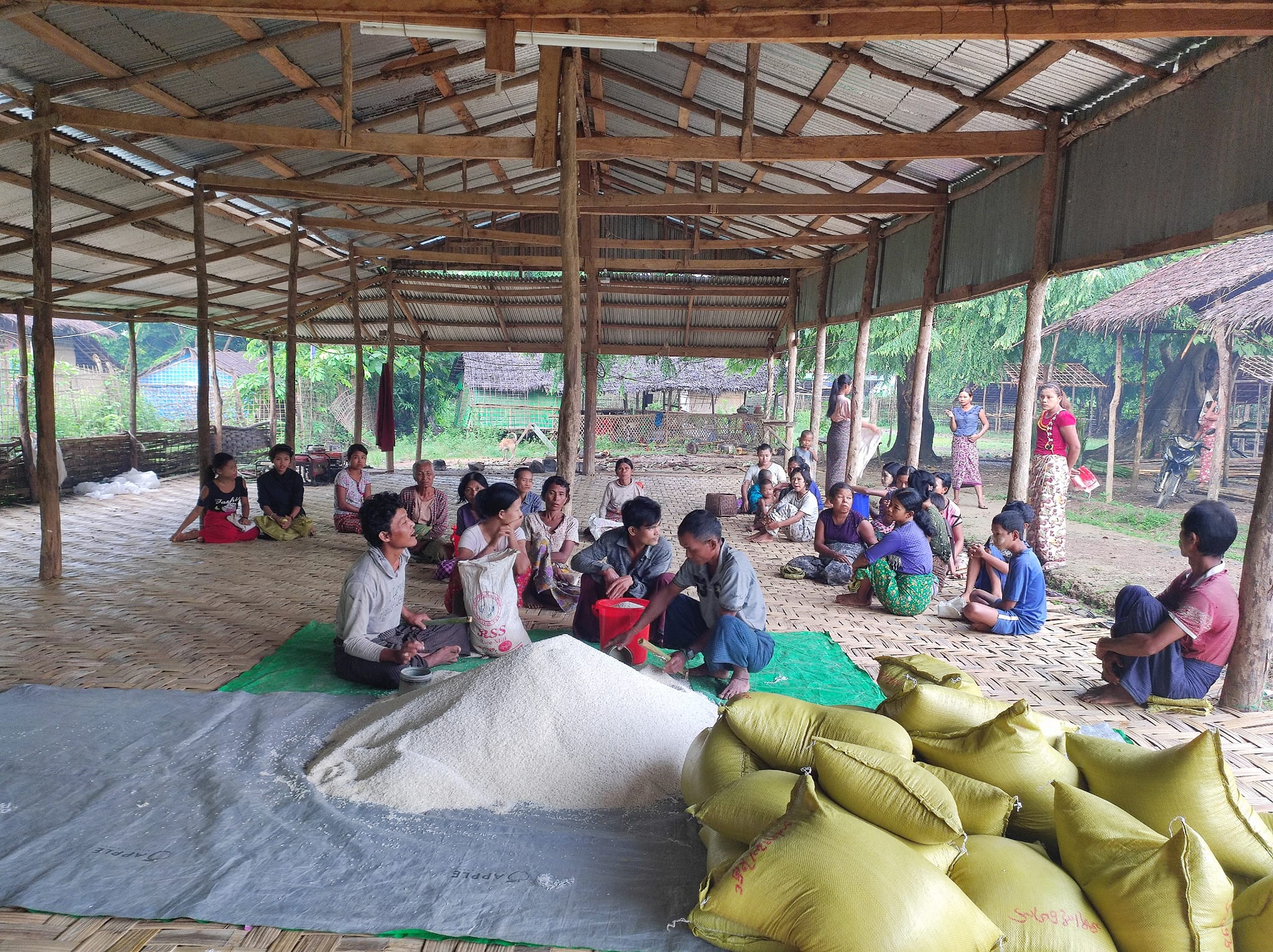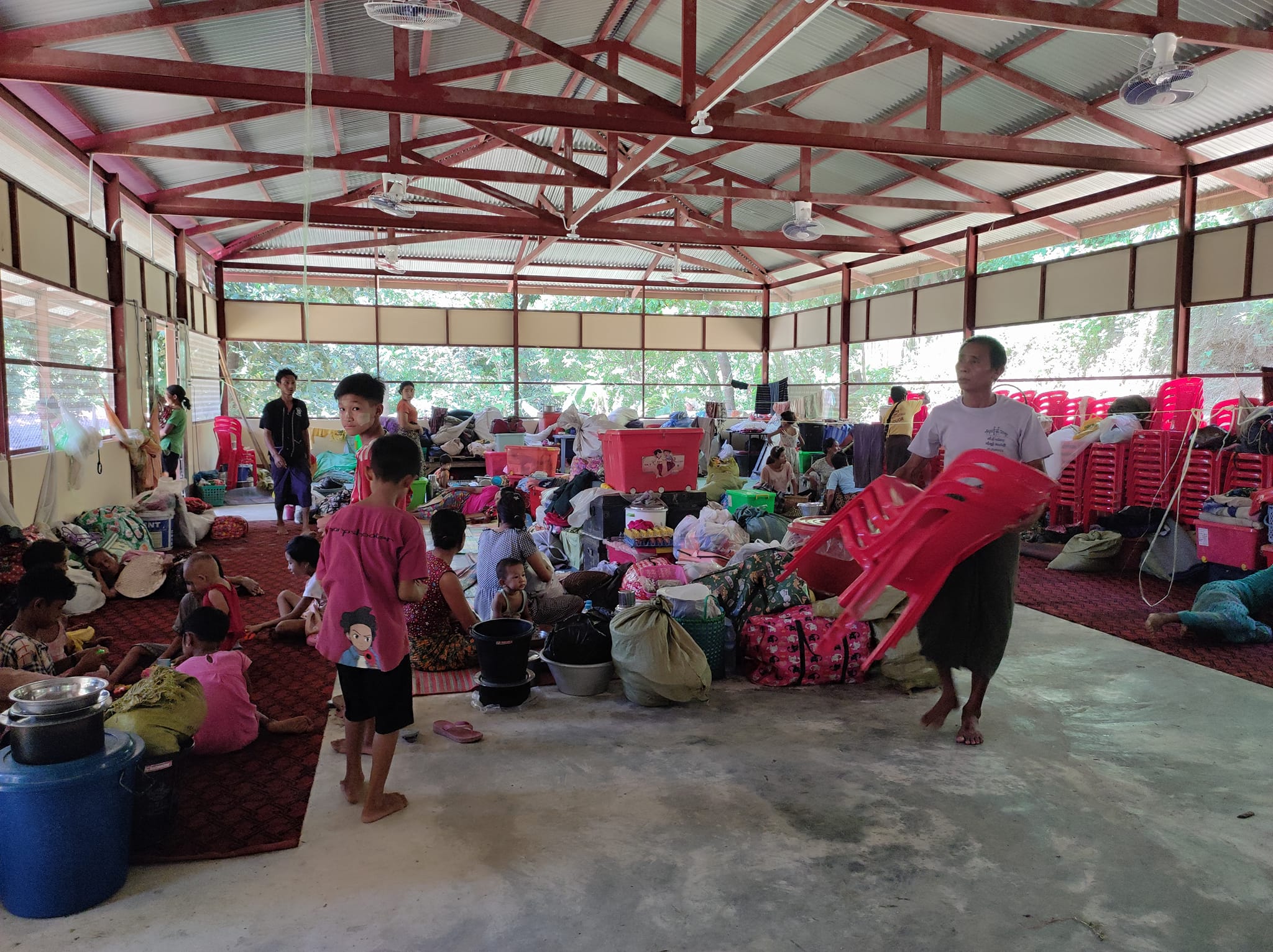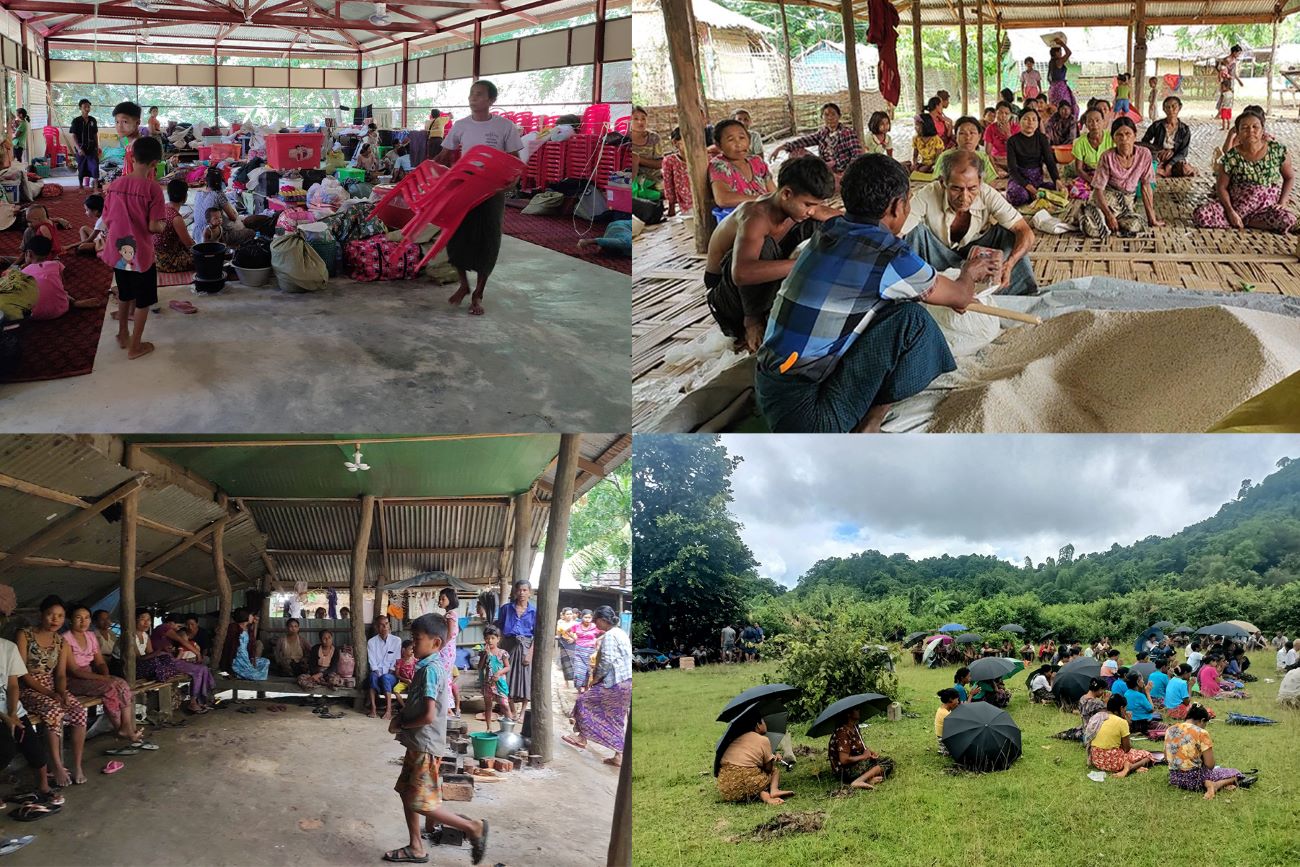CNI News
23 Sept 2022
Local residents get into trouble in all aspects of life including supplies of basic needs due to restrictions imposed in northern parts of Rakhine State because of the clashes and military escalations between the Tatmadaw and the United League of Arakan/Arakan Army, according to people in the state.
Imposing such restrictions implied that authorities considered well-being of the public and the AA is synonymous, Ko Zaw Tun, a resident of Mrauk-U, told the CNI.
“They have set up checkpoints everywhere in Mrauk-U and search every car, cycle and pedestrian. Every aspect of life including livelihoods and supplies of basic needs has been disrupted.
It seems that there is no way we can get out of the troubles. Neither side is likely to take a step back and they cannot defeat the other side as well. So, they are trying to undermine the supporting base of the other side. I think they have adopted such strategies and make trouble for the public. The public has been forced into a situation in which they have nothing to lose because they cannot go to their work, they cannot do their business and they cannot lead happy lives at home with their families. These are everyday problems of public life. The main problem for residents is that transportation is disrupted and that they conduct searches in places that have nothing to do with them. They should stop doing whatever they want in wards and reopen trading routes.”
As INGOs/NGOs were banned from travelling to and distributing aid in six townships in northern Rakhine State, there were shortages of food, Director U Khaing Kaung San of Wunlet Foundation told the CNI.

“We don’t know what will happen at the end of the month. People are living on aids they received last month. Civil society organizations can no longer provide aid and have to offer assistance to IDPs in towns. They can provide aid to IDPs only when they receive donations. It is very difficult for them to invite donations in the area. In the past, CSOs went to towns to get donations but now they are stopped on their way to towns. Diaspora community donated cash for people in Rakhine State alone but the community now has to send donations to other parts of the country as conflicts have spread elsewhere. We cannot rely on such donations in the long run. We will be able to offer effective assistance to people in the areas only with the cooperation of international humanitarian organizations, CSOs and organizations that can distribute aid to the needy systematically.”
As IDP camps have faced severe shortages of everything including medicines and clothing, AA Spokesperson U Khaing Thukha in his press briefing on 19th September appealed to INGOs, NGOs, CSOs and individuals to provide humanitarian aids to IDPs.
Currently, commodity prices in Rakhine State have almost doubled due to the restrictions, local residents in Rakhine State told the CNI.

Ko Maung Maung Tun, a resident of Maungdaw, said, “People in northern and southern Maungdaw are not allowed to travel outside our communities. We have faced severe shortages of food. The military has blocked all roads for about a month. We are not allowed to carry rice, cooking oil and foodstuffs. IDPs from war-torn areas are not allowed to go outside their shelter. We are now living on what other people who still have something to share give us. Commodity prices have skyrocketed. There are a lot of commodities that we cannot buy even if we have money. Aid workers are not allowed to travel. We want to import rice and edible oil to our areas. The public is being tortured.”
At present, clashes have broken out between the military and the AA in Maungdaw, Buthidaung, Rathedaung, Kyauktaw and Mrauk-U in Rakhine State and Paletwa in Chin State, according to reports of the news outlets based in Rakhine State.
The number of IDPs has also increased to more than 10,000 due to the clashes, according to statistics of CSOs.
The IDPs are taking shelter in existing IDP camps as well as in monasteries and schools, CSOs reported.




